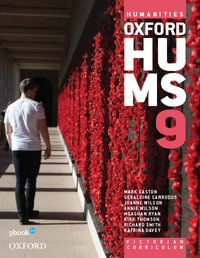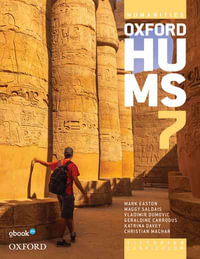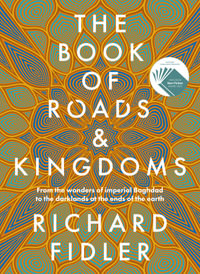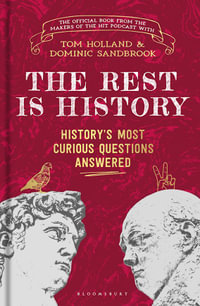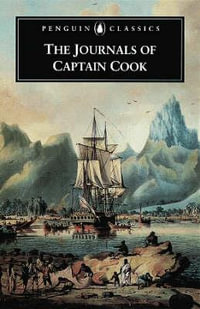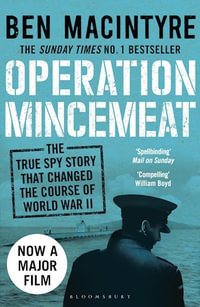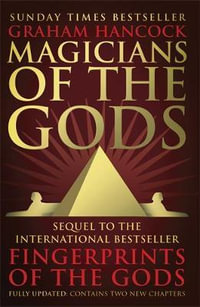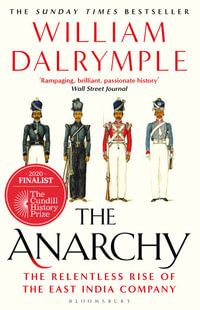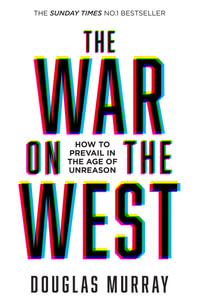This comprehensive survey of European history between 1300 and 1600 challenges conventional vision of Europe that divides the world between the late-medieval and early modern periods, emphasizing the distortion involved in that construction. Important changes toward "modernity" are evident, the book argues, as early as the fourteenth century; only in religious history does there appear to be some justification for retaining the traditional notion that "modern age" began with Martin Luther, though even in that arena the institutional break of the Protestants with Rome cannot conceal fundamental continuity of expression and attitude.
David Nicholas is Emeritus Professor of History at Clemson University This comprehensive survey of European history between 1300 and 1600 challenges conventional vision of Europe that divides the world between the late-medieval and early modern periods, emphasizing the distortion involved in that construction. Important changes toward "modernity" are evident, the book argues, as early as the fourteenth century; only in religious history does there appear to be some justification for retaining the traditional notion that "modern age" began with Martin Luther, though even in that arena the institutional break of the Protestants with Rome cannot conceal fundamental continuity of expression and attitude.
This comprehensive survey of European history between 1300 and 1600 challenges conventional vision of Europe that divides the world between the late-medieval and early modern periods, emphasizing the distortion involved in that construction. Important changes toward "modernity" are evident, the book argues, as early as the fourteenth century; only in religious history does there appear to be some justification for retaining the traditional notion that "modern age" began with Martin Luther, though even in that arena the institutional break of the Protestants with Rome cannot conceal fundamental continuity of expression and attitude.
Industry Reviews
a refreshingly different perspective to the usual 'birth of the Renaissance and its consequences' approach. English Historical Review A wide-ranging, informative and engaging study of European life in what are conventionally described as the late medieval and early modern periods an intelligent and coherent study, which provides an excellent introduction to a complex period. Economic History Review


